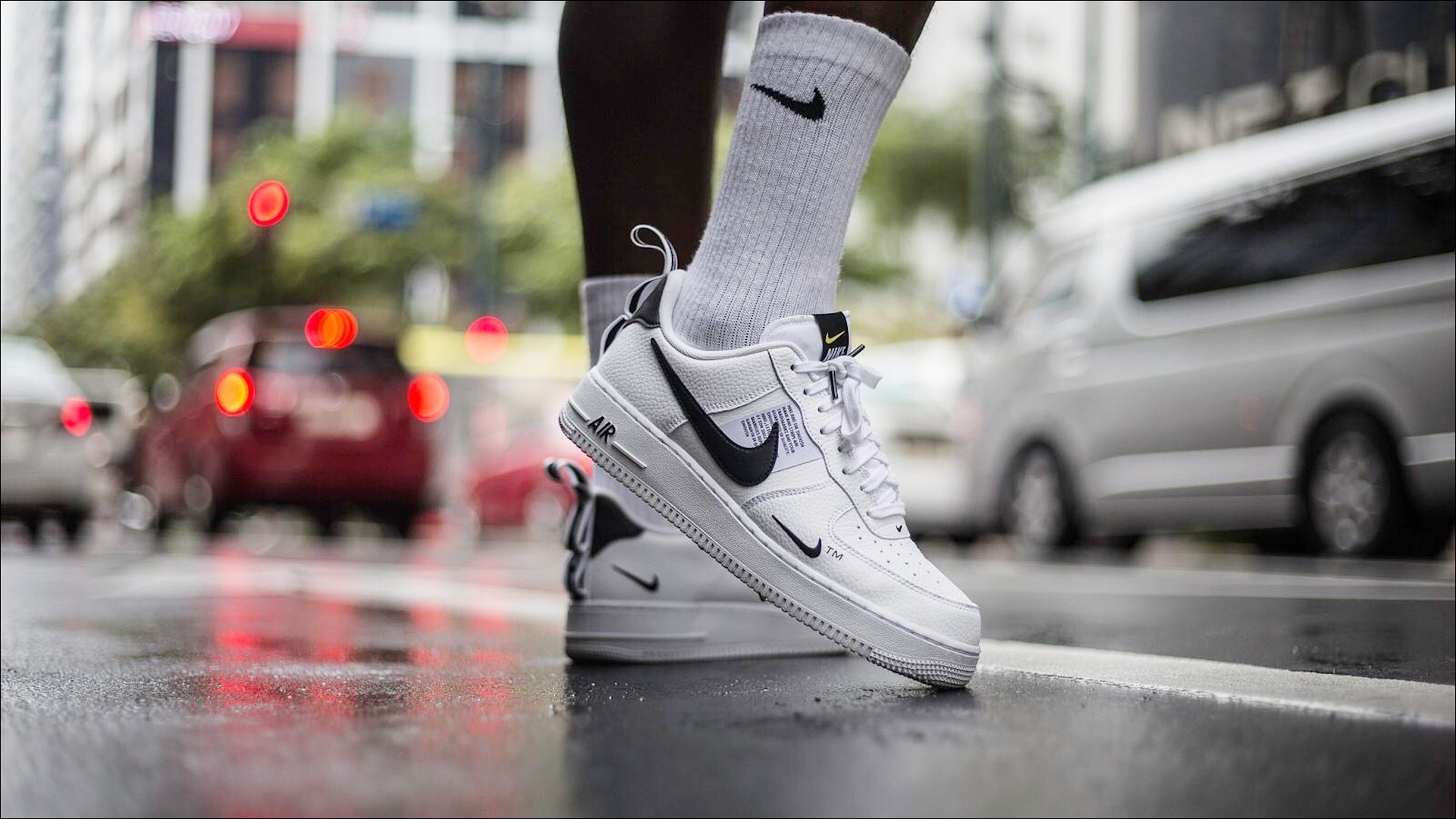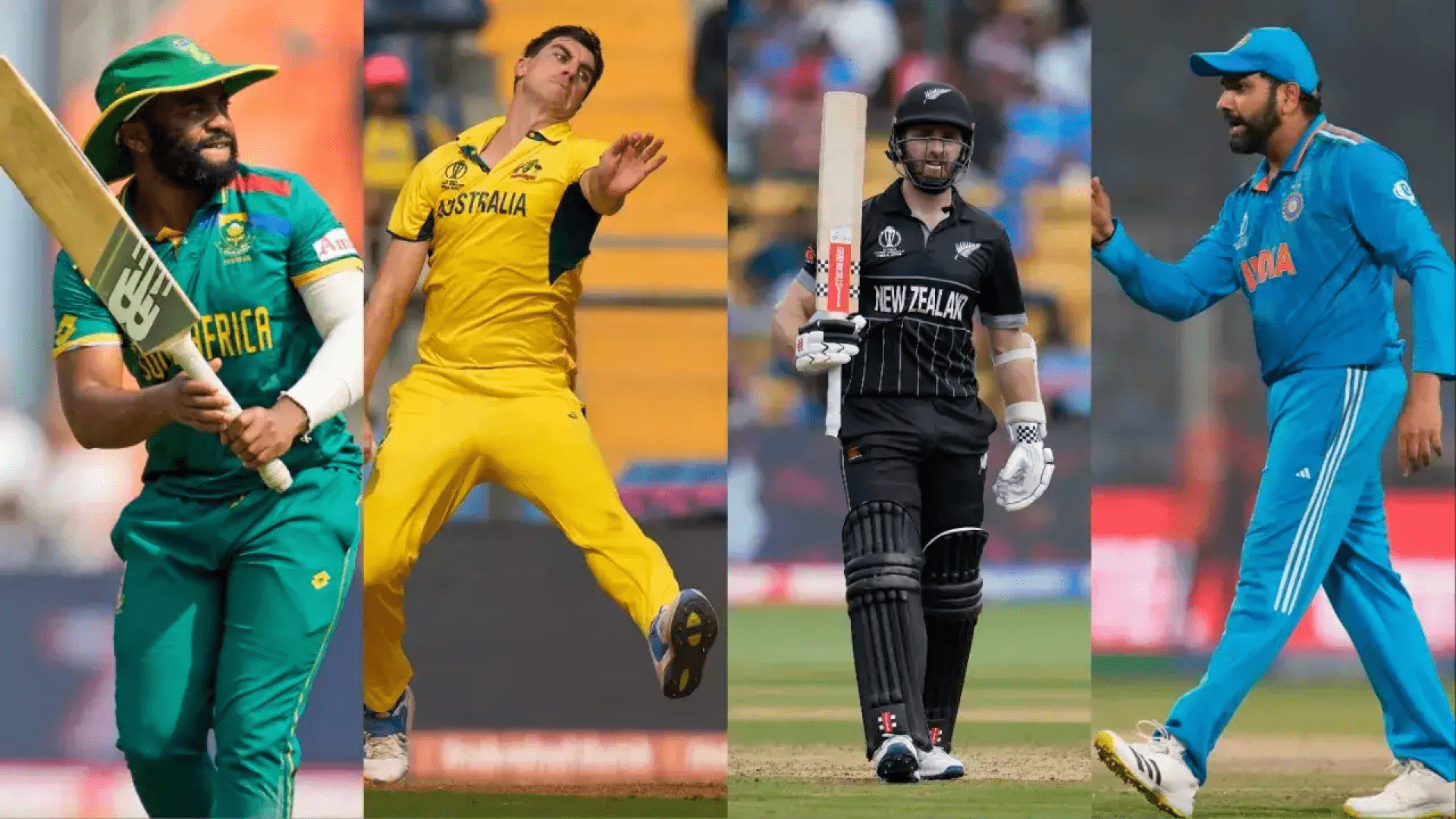Hours after World Athletics announced it had banned transgender women from top female sport, someone tagged Parkrun UK in a tweet asking: “Are you watching @WorldAthletics ban transgender people from women’s athletics at all levels?”
It was just one post from one person with a hundred followers, but the tweet calling for transgender women to be banned from the organized race was seen by almost 20,000 people within 24 hours.
In purely athletic terms, the transgender debate speaks to the longstanding dividing lines built into the biological differences between men and women, challenged by the fact that not everyone fits neatly into those boxes. It is about biology and identity, sex and gender, and the impossible balance between the principle of justice and the right to inclusion. But when a major sports organization makes such a decision to marginalize transgender people, it inevitably has unintended consequences on every level.
The detailed 2021 Trans Study found that 77 percent of trans women involved in sports have experienced transphobia, and 14 percent experience abuse or discrimination “every time they play.” As Australian sprinter Ricki Coughlan warned this week, World Athletics’ decision could now embolden “forces of hatred” against the community, as the concept of marginalization extends far beyond elite sport.
The strange thing is that in the sport itself, the new rules of athletics are not very important. Trans athletes don’t break world records or sweep gold medals. As Kristen Worley, a Canadian cyclist in transition, noted, “I see all the newsgroups posting pictures on Twitter that don’t have pictures of athletes transitioning at the elite level of world athletics, because there aren’t any.”
In sports, the most important part of Thursday’s announcement concerned athletes with DSD (sexual developmental differences), such as Caster Semenya and Christine Mboma, both Olympic medalists, who have certain male biological characteristics. They are effectively banned from this year’s World Athletics Championships, and if they ever return, they will have to follow stricter new rules to suppress their testosterone levels. However, World Athletics has taken an even stronger stance on the possible rise of transwomen athletes. It cited evidence of long-term benefits of male puberty on physical attributes like strength and endurance that hormone therapy cannot fully reverse, and concluded that non-transgender women would be at a competitive disadvantage.
World Athletics President Sebastian Coe claimed the decision was “driven by the science of physical performance”.
The ruling at least brings some clarity to the murky side of the sport. Coe promised to continually review the regulations as new science emerged and announced “a 12-month task force to consider the matter further.” But only one trans athlete will join the 10-member commission, and it seems unlikely that any significant new evidence will emerge in the coming year.
“For the past 12 years, World Athletics has enabled transgender people to compete at the international level if they lower their testosterone levels,” Loughborough University researcher and athlete Joanna Harper told BBC Radio 5 Live. “However, no trans women entered international athletics. Trans women were not on the brink of a coup… If World Athletics is really interested in getting more information, banning trans women from international athletics is not the way to get it.
Some athletes welcomed the news, including British Olympic runner Emily Diamond, who celebrated “a big step for justice and protecting the female class”. Campaign group Fair Play for Women called on British Athletics to follow the lead of World Athletics, saying: “We now look to national federations to restore talent pathways for girls and young women and restore fair sport for women of all ages.”
Almost all sides of the argument are correct in some way, which is why it is so complex and nuanced. Transgender men have an athletic advantage over non-transgender women, and the purpose of the women’s category is to create a biological level playing field away from male advantage. But the marginalization of transgender people is now an implicit foundation of athletics, and this assumption is felt in sports clubs and communities everywhere.
World Athletics has made a sporting decision that it believes supports the fairness and integrity of competition. But the wider consequences are immeasurable and almost certainly damaging to an already marginalized class that has no voice. So perhaps what is most concerning is not the impact on the sport itself, but the fact that on the day a major governing body made an elite decision, someone somewhere called for transgender people to be banned from running in their local park.
Source: Independent




